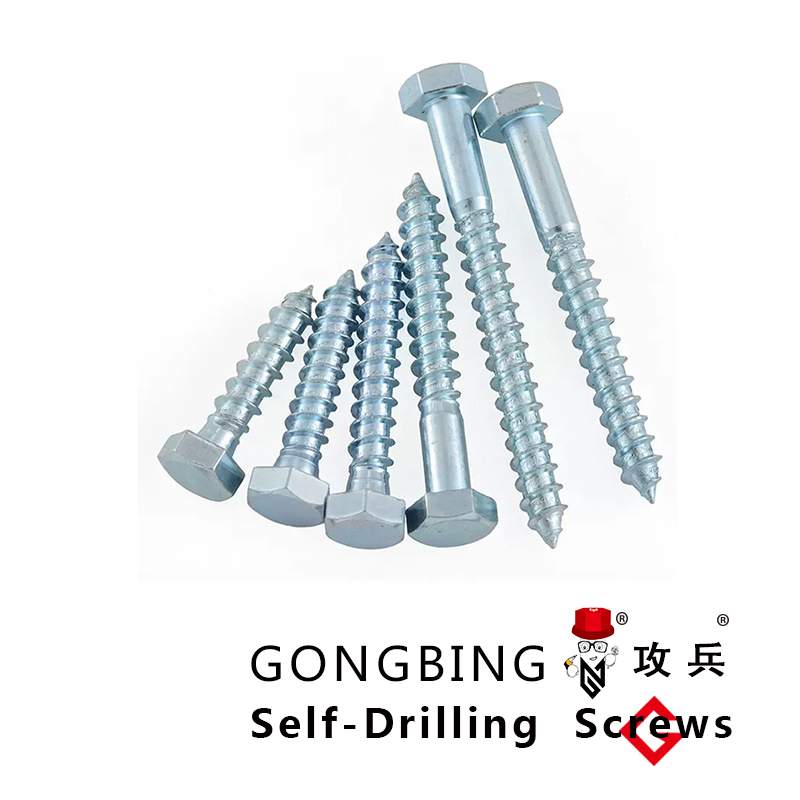chemical anchor m12
Chemical Anchors A Comprehensive Overview of M12 Applications
Chemical anchors, also known as injectable anchors or resin anchors, are essential components in modern construction and engineering, providing secure fastening solutions in various applications. Among these anchors, the M12 chemical anchor stands out due to its versatility and reliability. In this article, we will explore the characteristics, advantages, applications, and installation process of M12 chemical anchors, illustrating their significance in contemporary construction practices.
Characteristics of M12 Chemical Anchors
The M12 designation refers to a metric thread diameter of 12 millimeters, a common size for many construction applications, particularly in securing structural elements. Chemical anchors typically consist of a two-part epoxy or resin that is injected into pre-drilled holes in concrete or masonry. When mixed, the resin cures and hardens, creating a strong bond between the anchor and the base material.
One of the key characteristics of M12 chemical anchors is their ability to provide high tensile and shear strength when properly installed. The curing time can vary depending on the specific resin formula, environmental conditions, and the anchor's intended load, making it important to choose the right product for the job.
Advantages of M12 Chemical Anchors
M12 chemical anchors offer numerous advantages over traditional mechanical anchors. Firstly, they can be used in a variety of base materials, including cracked and uncracked concrete, brick, and other masonry types. This versatility makes them ideal for various construction projects, from building facades to heavy machinery installation.
Secondly, chemical anchors are less susceptible to corrosion compared to metal anchors, particularly when using high-quality epoxy resins. This property is crucial in environments exposed to moisture or harsh chemicals, where maintaining structural integrity is vital.
Additionally, M12 chemical anchors can accommodate larger loads and are less likely to fail under dynamic loads, making them suitable for applications that require significant stability and security. Their design also minimizes the risk of spalling in concrete, a common issue with traditional bolts.
Applications of M12 Chemical Anchors
M12 chemical anchors are used in a wide array of applications, ranging from residential construction to heavy industrial projects. Some of the common applications include
chemical anchor m12

2. Machinery Installation Ideal for anchoring heavy machinery in industrial settings, providing strong, reliable fastening that can withstand vibrations.
3. Facade Attachments Used in attaching cladding, signage, and other exterior elements to buildings, enabling designers to create aesthetically appealing structures while ensuring secure adhesion.
4. Rehabilitation Projects M12 chemical anchors are often used in retrofitting and strengthening existing structures, providing essential support without the need for extensive renovations.
Installation Process
The installation of M12 chemical anchors involves several steps to ensure effectiveness and safety
1. Preparation of the Base Material Ensure that the surface is clean, dry, and free from contaminants that could affect bonding.
2. Drilling Use the correct drill bit to create a hole of the appropriate diameter and depth based on the anchor's specifications.
3. Injection of Resin Following the manufacturer's guidelines, inject the two-part resin into the hole, ensuring the cavity is filled adequately.
4. Insert the Anchor After the resin is injected, the M12 anchor is inserted immediately to ensure proper bonding.
5. Curing Time Allow the resin to cure fully before applying any loads, following the recommended times provided by the manufacturer.
In conclusion, M12 chemical anchors play a pivotal role in modern construction, offering a reliable and effective solution for securing various structural components. Their strength, versatility, and resistance to environmental factors make them an excellent choice for both new builds and renovation projects. By understanding their characteristics and installation procedures, construction professionals can leverage their benefits to enhance structural integrity across diverse applications.
-
Weatherproof Plastic Expansion Anchors for OutdoorNewsJun.06,2025
-
Sustainability in the Supply Chain: Eco-Friendly TEK Screws ProductionNewsJun.06,2025
-
Load-Bearing Capacity of External Insulation FixingsNewsJun.06,2025
-
Double Head Bolts: Enhancing Efficiency in Industrial MachineryNewsJun.06,2025
-
Corrosion Resistance in Chipboard Screws: Coatings for Wholesale DurabilityNewsJun.06,2025
-
Butterfly Toggle Bolts : Enhancing Structural ResilienceNewsJun.06,2025
